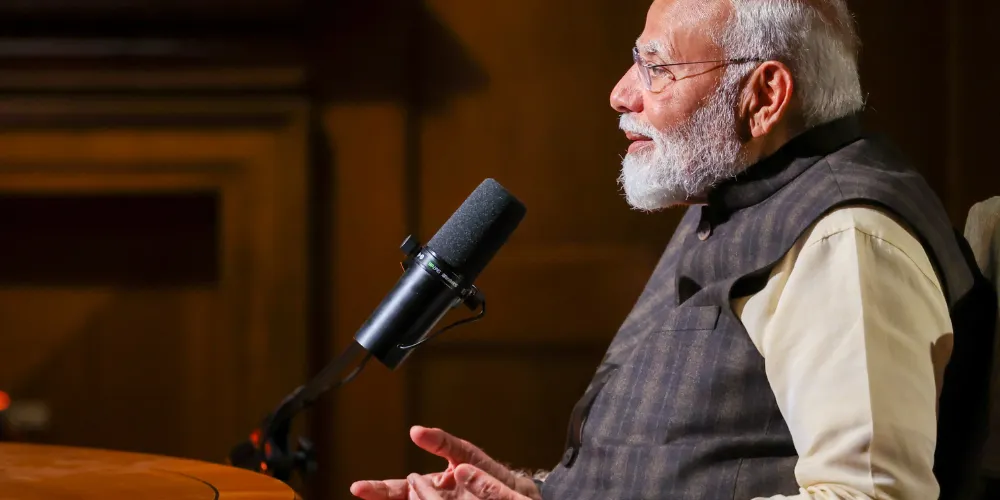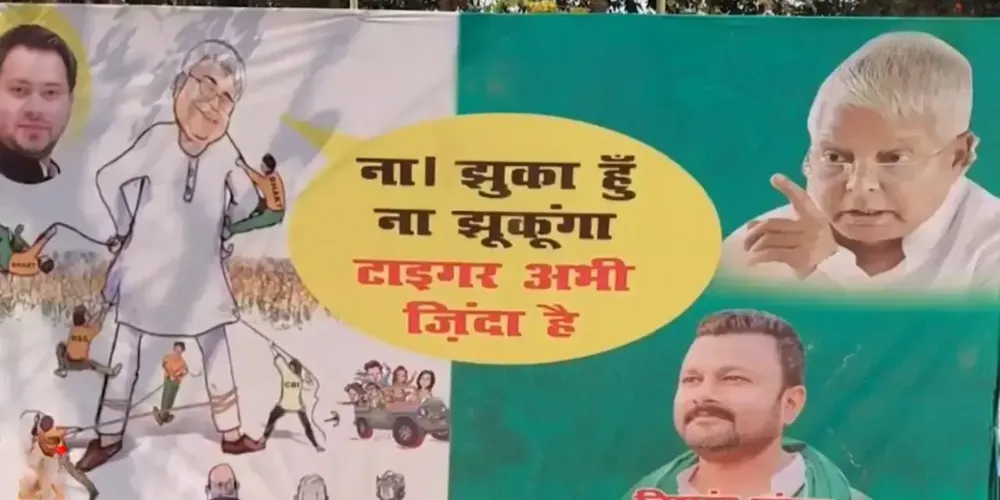A political war of words has erupted after the Congress accused Prime Minister Narendra Modi of “speaking in Trump’s language” regarding global institutions. The opposition party claims that Modi’s recent remarks on international organizations reflect a nationalist and unilateralist approach similar to that of former U.S. President Donald Trump. The accusation has added another layer of tension to the ongoing political discourse surrounding India’s foreign policy and global positioning.
Congress Questions Modi’s Stand on Global Bodies
The Congress has taken issue with PM Modi’s statements criticizing global institutions, arguing that his rhetoric mirrors Trump’s past views on organizations like the United Nations and the World Trade Organization. According to Congress leaders, Modi’s stance suggests a disregard for multilateralism and a preference for nationalist policies that prioritize India’s interests over global cooperation.
The opposition claims that such an approach could isolate India on the world stage and weaken its influence in international decision-making. They argue that instead of challenging global institutions, India should work towards reforming them through diplomatic channels. The Congress has also linked Modi’s stance to the larger trend of rising nationalist sentiments across the world, warning that an “America First” style policy could harm India’s long-term global standing.

BJP Defends Modi’s Foreign Policy Approach
The BJP has strongly defended PM Modi’s statements, arguing that India has every right to question the effectiveness of global institutions. According to the ruling party, Modi’s approach is not about rejecting multilateralism but about demanding reforms in outdated global structures that do not reflect India’s growing economic and geopolitical influence.
BJP leaders have pointed out that many international bodies continue to operate under frameworks that were designed decades ago, often sidelining emerging powers like India. They argue that Modi’s remarks are aimed at making these institutions more representative and effective rather than dismantling them. The party also claims that Congress is misrepresenting Modi’s words for political gain, rather than engaging in a substantive debate on India’s role in global governance.
India’s Role in Global Governance: Reform or Rejection?
The debate raises a crucial question about India’s engagement with global institutions. Many experts agree that while India should push for reforms in global governance, outright criticism of international bodies could have diplomatic repercussions. A balanced approach that combines assertiveness with strategic diplomacy is seen as the best way forward.
International relations analysts point out that several countries, including China and Russia, have also called for reforms in global institutions. However, taking an aggressive stance without strong diplomatic alliances could reduce India’s leverage in shaping these changes. While Modi’s call for reforms resonates with many, the challenge lies in ensuring that India’s voice is taken seriously without being seen as rejecting multilateralism altogether.
Conclusion
The Congress’ accusation that PM Modi is echoing Trump’s rhetoric on global institutions has sparked a fresh political debate in India. While the opposition warns of potential diplomatic fallout, the BJP insists that Modi’s stance is about reforming outdated global structures. As India continues to rise as a global power, its approach to multilateralism will remain a key factor in shaping its international standing. Whether India can successfully push for reforms while maintaining strong global partnerships will be a critical test for Modi’s foreign policy in the coming years.



